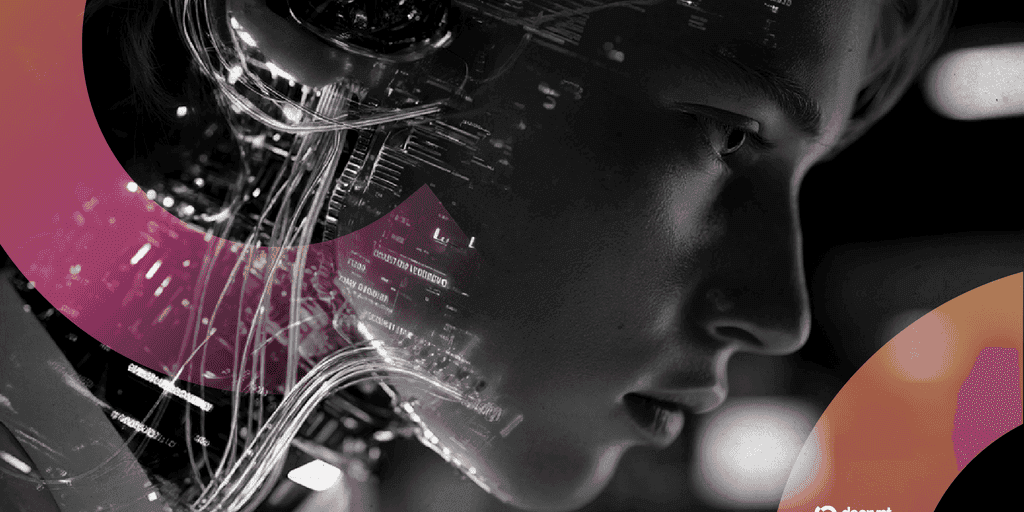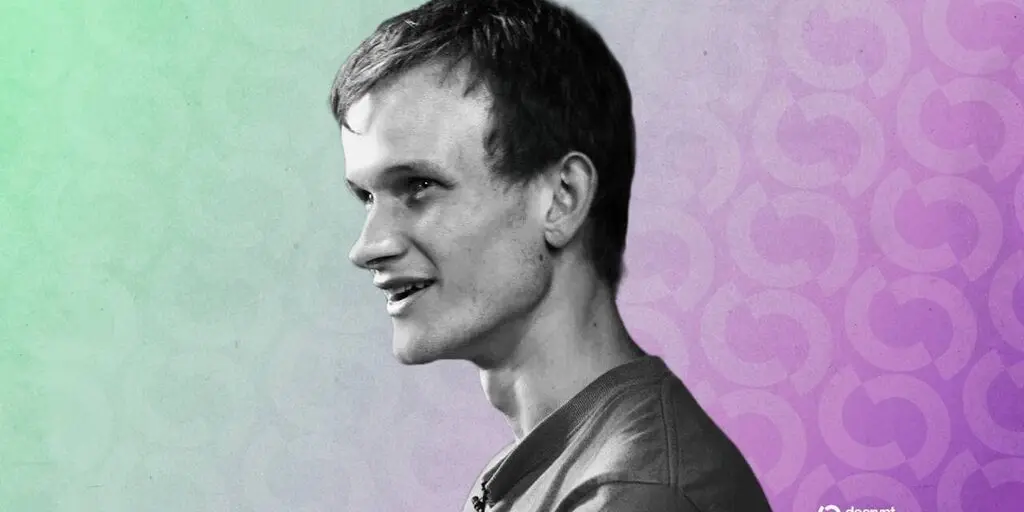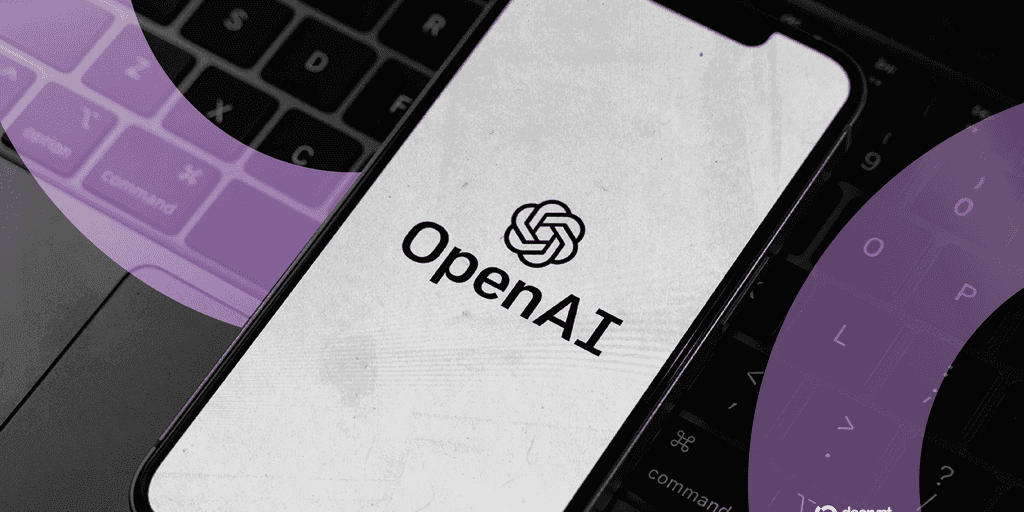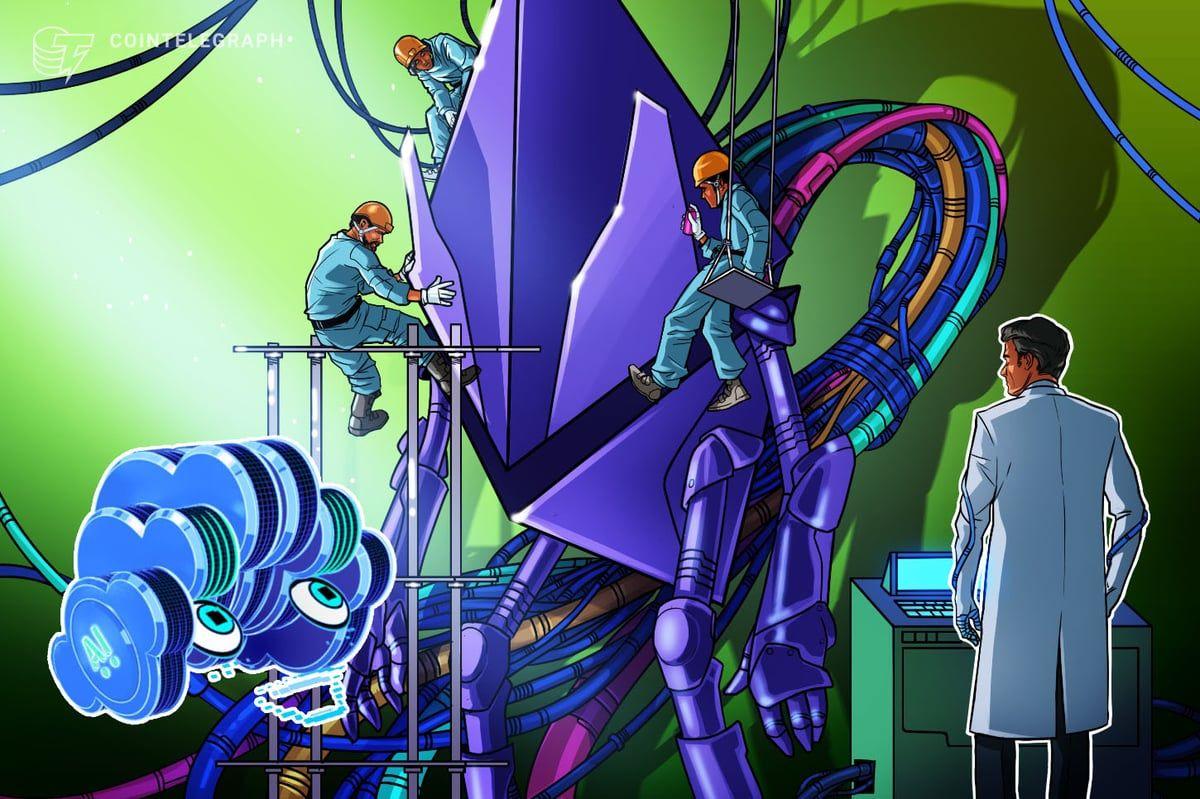Ethereum Foundation Launches AI Team to Spearhead Decentralized AI Infrastructure
2 Sources
2 Sources
[1]
Ethereum Foundation Launches AI Team, Underscoring Network's Future Priorities - Decrypt
The long-term goal is to build decentralized AI infrastructure preventing corporate monopolization, with ongoing Silicon Valley partnerships. The Ethereum Foundation is launching a full-time team dead set on the network's latest priority: becoming not just the bedrock of the AI economy, but also of AI software development at large. The dAI team, named in a nod to Ethereum's longstanding principles of decentralization and democracy, will focus its efforts both on fostering the development of AI systems within the crypto ecosystem and on bringing top players in the off-chain AI industry onto the network. "We want to bridge the gap between blockchain organizations and AI organizations," Davide Crapis, an Ethereum core developer who will lead the dAI team, told Decrypt. The team will initially feature two other full-time roles, which the Ethereum Foundation is currently hiring for. Crapis said the Ethereum Foundation's investment in a full-time AI operation shows the organization's acknowledgement that the sector will be "key" to its long-term sustainability. "We are realizing that AI is going to be a big part of the lives of all humans," he said. "And it's going to be a large part of Ethereum usage in the future." In the near-term, the team will focus on implementing proposals like ERC-8004, which would create a standard for AI agents to seamlessly discover, verify, and transact with each other across the Ethereum ecosystem. That proposal, which Ethereum developers hope will cement the network as the de-facto settlement layer for the exploding AI agent economy, is still being finalized. It will be presented in its final form at Devconnect, an Ethereum developer conference to be held in Buenos Aires in November. Looking ahead to the future, Crapis said his team will be focused on the even larger goal of establishing a decentralized AI stack designed to "make sure the future of AI is not in the hands of a few very powerful corporations." That doesn't mean Ethereum necessarily intends on going to war with OpenAI, though. Crapis says he sees AI as Ethereum's next DeFi opportunity -- one that, after years of grassroots adoption, eventually attracts even once-hesitant centralized institutions. "The focus needs to be on building the best decentralized technology we can offer," the developer said. "Ethereum's infrastructure has so far been focused mostly on finance," he continued. "It needs to be very usable for AI as well." Already, the Ethereum Foundation's dAI team is engaged in research collaborations with major Silicon Valley companies, which Crapis said will be announced in due time.
[2]
Ethereum Foundation forms AI research team to blend blockchain, AI
The new team will be led by Ethereum Foundation research scientist Davide Crapis and will support projects that seek to create an ecosystem for humans and AI. The Ethereum Foundation announced a new AI-focused research team, aiming to blend the censorship-resistant power of blockchain with one of tech's hottest fields. Davide Crapis, a research scientist with the Foundation, said Monday that the new team will focus on developing an AI economy on Ethereum and a decentralized AI stack for developers. "Ethereum makes AI more trustworthy, and AI makes Ethereum more useful," Crapis said on X. "The more intelligent agents transact, the more they need a neutral base layer for value and reputation. Ethereum benefits by becoming that layer and AI benefits by escaping lock-in to a few centralized platforms." The Ethereum Foundation is staffing its newly created dAI team and is seeking an AI researcher and a project manager to drive coordination. The team will continue work initially done on ERC-8004, a proposal authored by Crapis, Marco De Rossi and Jordan Ellis that would extend the AI agent-to-agent (A2A) protocol into a trust layer for discovering and interacting with AI agents. The Foundation will support projects seeking to turn Ethereum into an ecosystem involving AI and humans, with Crapis leading the new team. AI agents have become a focal point in integrating blockchain technology and artificial intelligence. They are programs that make decisions and operate with minimal human supervision, executing transactions and functioning on behalf of their programmers. Blockchains with programmable features, like smart contracts, have become havens for these programs. AI can help manage settlements, the final step in a transaction in which assets are transferred between two parties. According to blockchain analytics company CryptoQuant, Ethereum daily smart contract calls reached 12 million on Thursday, reinforcing the blockchain's role as a programmable settlement layer. "Network activity is in expansion mode," CryptoQuant said. "Ethereum's total transactions and active addresses have reached record highs, highlighting expanding adoption across DeFi, stablecoin transfers, and token activity." Related: AI, blockchain convergence to bring 'watershed moments' in 2025 According to a tech researcher, blockchain technology can shore up the weaknesses of artificial intelligence by providing decentralization, immutability and identity verification, among other features. Different Web3 organizations are working on blending the two technologies. In 2024, Matchain announced the launch of its decentralized AI blockchain, and in February 2025, KiteAI announced the debut of an AI-driven blockchain in the Avalanche ecosystem. According to Arunkumar Krishnakumar, head of institutional growth and RWAs at Kamino Finance, AI agents and blockchain technology could redefine the digital economy.
Share
Share
Copy Link
The Ethereum Foundation has formed a new AI research team, led by Davide Crapis, to develop decentralized AI infrastructure and integrate AI capabilities with blockchain technology. This move underscores Ethereum's commitment to becoming a key player in the AI economy.

Ethereum Foundation's Strategic Move into AI
The Ethereum Foundation has taken a significant step towards integrating artificial intelligence with blockchain technology by launching a dedicated AI research team. This move underscores the Foundation's recognition of AI as a key factor in Ethereum's long-term sustainability and its potential to reshape the digital economy
1
.The dAI Team: Bridging Blockchain and AI
Led by Ethereum core developer Davide Crapis, the newly formed dAI team aims to foster AI system development within the crypto ecosystem while also attracting major players from the off-chain AI industry to the Ethereum network. The team, which will initially consist of three full-time roles, is focused on creating a decentralized AI infrastructure to prevent corporate monopolization of AI technologies
1
.ERC-8004: A Standard for AI Agent Interactions
One of the dAI team's primary objectives is to implement proposals like ERC-8004, which would establish a standard for AI agents to discover, verify, and transact with each other across the Ethereum ecosystem. This proposal, still being finalized, is expected to be presented at the Devconnect conference in Buenos Aires in November. The goal is to position Ethereum as the de-facto settlement layer for the rapidly growing AI agent economy
1
.Decentralized AI Stack: Ensuring a Democratic Future for AI
Looking ahead, the dAI team is committed to developing a decentralized AI stack. This initiative aims to ensure that the future of AI remains democratic and not controlled by a few powerful corporations. Crapis envisions AI as Ethereum's next DeFi opportunity, potentially attracting even hesitant centralized institutions over time
1
.Collaboration with Silicon Valley
The Ethereum Foundation's dAI team is already engaged in research collaborations with major Silicon Valley companies. While specific details are yet to be announced, these partnerships signal a growing interest in the convergence of blockchain and AI technologies
1
2
.Related Stories
The Symbiosis of Ethereum and AI
Crapis emphasizes the mutual benefits of integrating Ethereum and AI: "Ethereum makes AI more trustworthy, and AI makes Ethereum more useful." As intelligent agents increasingly engage in transactions, they require a neutral base layer for value and reputation. Ethereum stands to benefit by becoming this layer, while AI can escape lock-in to centralized platforms
2
.Ethereum's Growing Role in the AI Economy
Recent data from CryptoQuant shows that Ethereum daily smart contract calls reached 12 million, highlighting its expanding role as a programmable settlement layer. This increase in network activity, coupled with record highs in total transactions and active addresses, demonstrates growing adoption across DeFi, stablecoin transfers, and token activity
2
.References
Summarized by
Navi
[2]
Related Stories
Vitalik Buterin Rejects 'Race to AGI,' Proposes Ethereum-Led Alternative for Safer AI Development
10 Feb 2026•Technology

OpenAI and Paradigm Launch EVMbench to Test AI Agents on Ethereum Smart Contract Security
18 Feb 2026•Technology

Ethereum's ERC-8004 Standard Enables AI Agents to Interact Without Gatekeepers
28 Jan 2026•Technology

Recent Highlights
1
Pentagon threatens Anthropic with Defense Production Act over AI military use restrictions
Policy and Regulation

2
Google Gemini 3.1 Pro doubles reasoning score, beats rivals in key AI benchmarks
Technology

3
Anthropic accuses Chinese AI labs of stealing Claude through 24,000 fake accounts
Policy and Regulation





